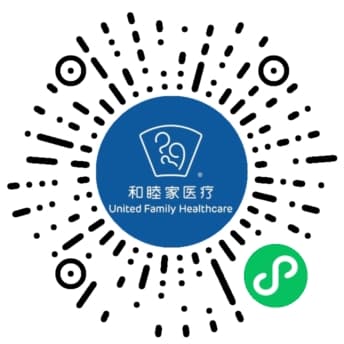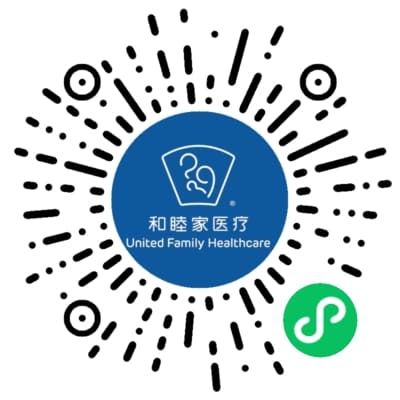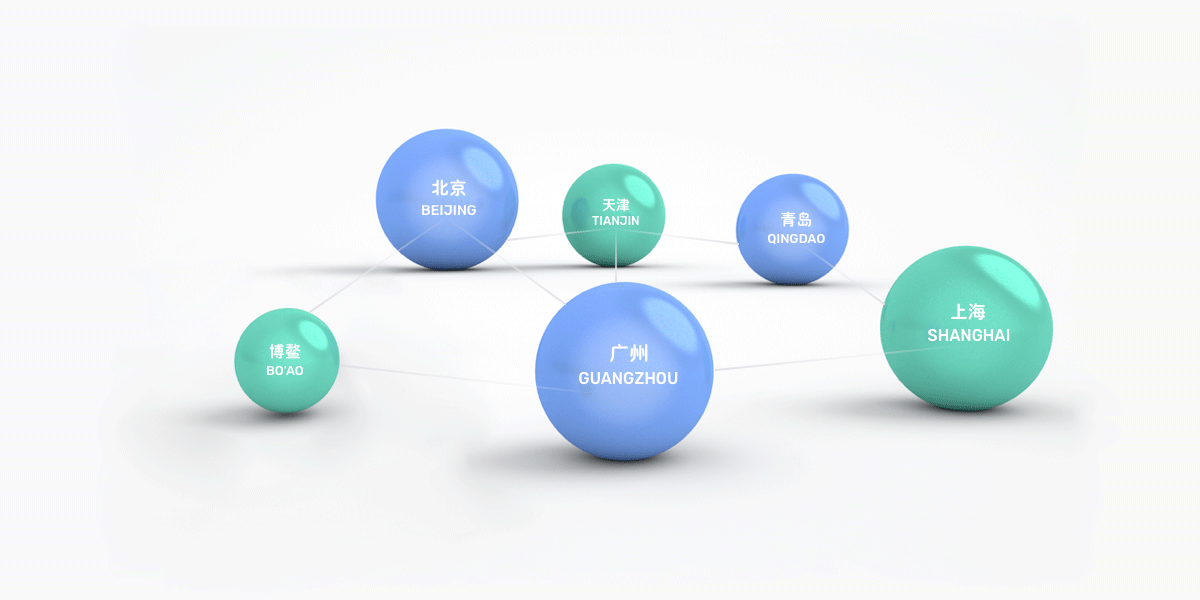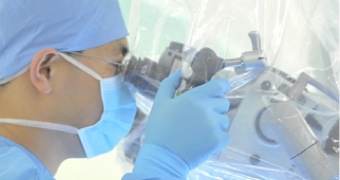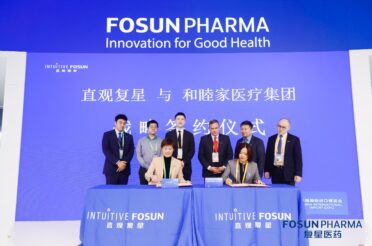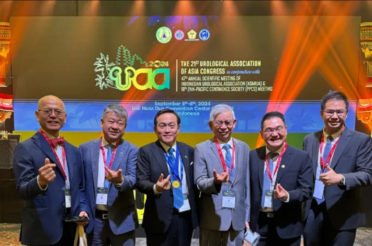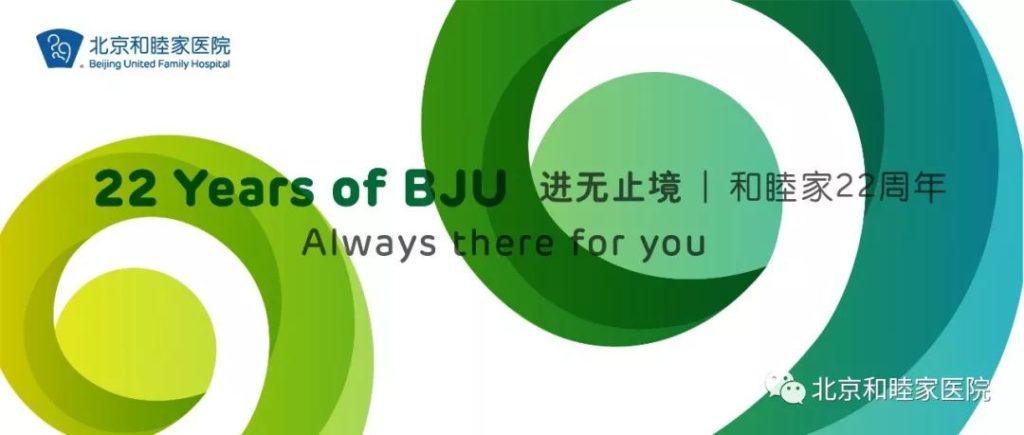
On December 12, Yixuejie (yxj.gov.cn) hosted the 2019 China Value-based Healthcare Conference in Beijing. The event attracted nearly 300 hospital executives, health researchers and medical practitioners to discuss how to implement the Healthy China 2030 strategy in a value-oriented way.
During the conference, the Taishan Award for Value-based Medicine was one of the highlights.
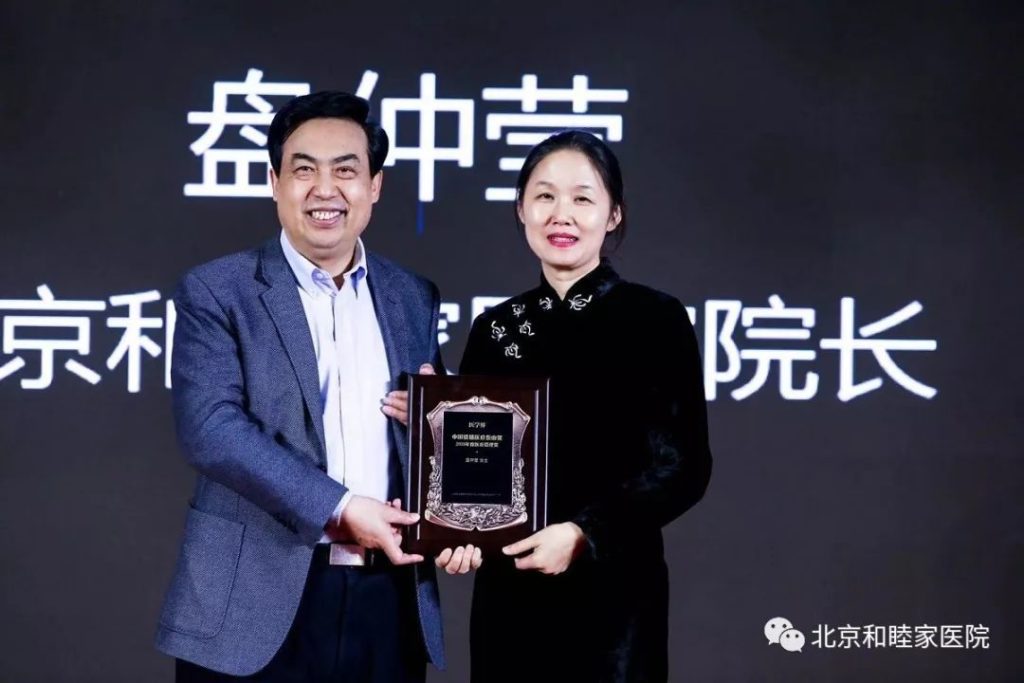
Ms. Sylvia Pan, General Manager of Beijing United Family Hospital, wins annual Medical Management Award at the annual China Value-based Healthcare event
Ms. Sylvia Pan, General Manager of Beijing United Family Hospital, was granted the 2019 Medical Management Award marking the second high-profile award she has won following a gold award she received at the 2018 Hospital Management Asia – China Awards
A non-public medical treatment model
According to Yixuejie, the Taishan Award was designed to recognize those responsible and brave pioneers in the value-based healthcare industry in China. Winners of the 2019 annual awards were individuals, groups or organizations who had made major breakthroughs or iconic achievements this year.
Here is how the organizers of the event described Ms. Pan when granting her the award:
A hospital does not have to smell like disinfectant after all. This is how warm and welcoming a hospital can be. Such inspiration is what a hospital executive and a foreign-funded medical institution has brought to China’s healthcare sector with their innovative spirit and continuous exploration.
In 1996, Ms. Pan took off her military uniform and quit her job as a teacher and translator at a military school. That was when she became a project manager at a hospital. Up to 24 years have passed now, and Ms. Pan has deservedly become a leading figure among all executives of foreign-funded hospitals in China.
She was the one of the people who made it possible for foreign models of medical service delivery and hospital management to find their way into China and take root here. She was the one who led her hospital to leap from a gynecology and pediatrics hospital into a general hospital. She was the one who helped to bring international healthcare management concepts and standards into China. She was also the one who, with unique insights into the current status and development trends of the healthcare market in China, launched brave experiments in the field of hospital management and created a model non-public hospital.
Making contributions to the industry and society while seeking growth for itself, Beijing United Family Hospital has a bright future ahead and, Ms. Pan is definitely among the top contributors.
At the helm of Beijing United Family Hospital for over 11 years
At a sharing session with peers from Johns Hopkins Hospital in the United States, Ms. Pan heard something that she can still remember clearly today: as a hospital general manager, your responsibilities are not just for your shareholders, employees and patients – you are responsible for the health of the entire population in your community so you should therefore position your hospital in connection with the health of the whole community.
But how can we achieve this? Ms. Pan’s answer is to ride the tide.
Ms. Sylvia Pan, General Manager of Beijing United Family Hospital shares her hospital management experience:
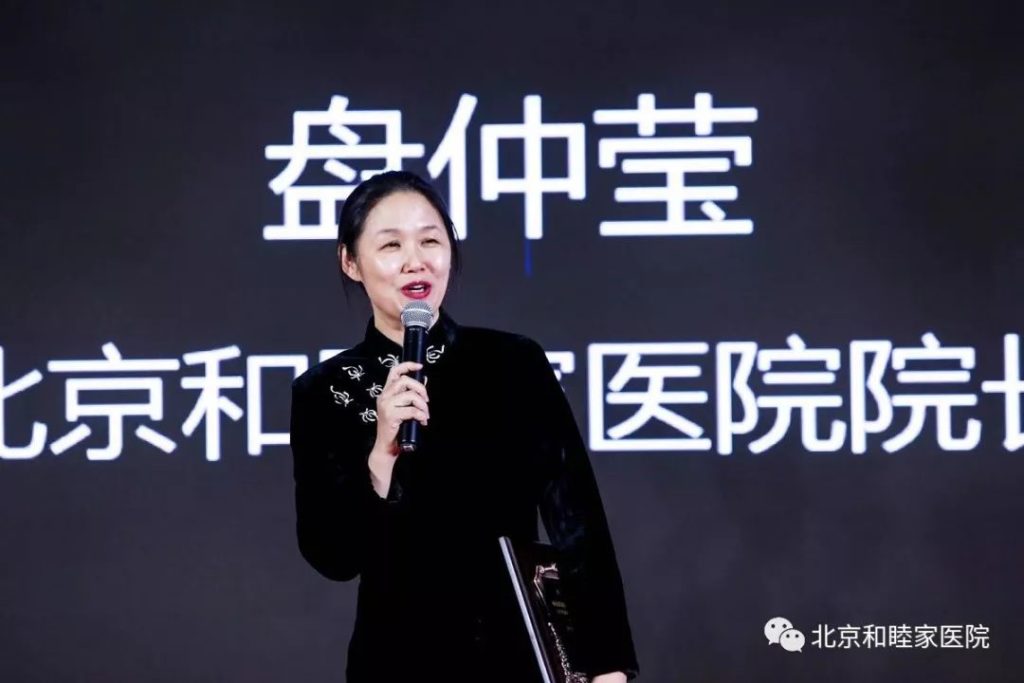
Ms. Pan rides the tide and seeks continuous progress
“Until now, I have been General Manager of Beijing United Family Hospital for 11 years, and soon I’ll be in my twelfth year in this position. I started when investors were indifferent to non-public hospitals, witnessed a surge in their enthusiasm, and then saw things return to normal. During this process, I have also experienced changes in the roles and responsibilities of hospital management.”
Ms. Pan said, hospital executives must ride the tide. That is, they must pay close attention to changes in the internal and external environments. They must also stay closely connected with the community, working to fully understand the healthcare needs of residents. Furthermore, they must gain support from people. Currently, a big problem is a population that is ageing and the impacts this has on society.
A few years ago when Ms. Pan was visiting a hospital in Japan, she saw a 90-year-old woman. She needed surgery and the consent forms were signed by her daughter who was in her 70s. Ms. Pan sighed and said, “How can we be sure that the daughter’s cognitive abilities are good enough to make good decisions for her mother? This is really difficult.”
With the decline in fertility rate, population ageing is speeding up and the challenges to the healthcare sector in terms of care for chronic disease patients are growing each day. In Ms. Pan’s opinion, these are the reasons why the healthcare sector must upgrade as soon as possible, and why hospitals must work to build their capabilities of diagnosis, treatment, as well as early intervention, and rehabilitation. How can general trends be grasped and changed to ride the tide and how the industry be pushed forward while maintaining the balancing between medical science, technology, and ethics? These are questions that every hospital executive must answer.
Progress sees no end – United Family Hospital wants the best medical services for all
At the helm of Beijing United Family Hospital for 11 years, Ms. Pan has led the hospital through a number of transformations while adhering to the motto of “patient first” and striving to put international standards into practice in China. She has devised forward-looking plans for discipline building, and led its team to actively expand their service network. The hospital thus completed the grand transformation from an obstetrics and gynecology hospital to a general hospital.
Beijing United Family Hospital has now successfully transitioned into a full-service general hospital with more than 30 clinical departments which provide continuous healthcare services from prevention, diagnosis and treatment to rehabilitation, as well as a full-lifecycle of services from the cradle to the nursing bed.

From first accreditation in 2005 by internationally renowned Joint Commission International, to re-accreditation with high scores on six consecutive occasions;
From receiving accreditation in 2007 from the College of American Pathologists as a Chinese non-public medical institution, to passing level six accreditation of HIMSS EMARAM in 2017 which has been hailed as a “landmark” in information technology within China’s healthcare industry;
From the introduction of the first da Vinci robotic surgical system in China in 2015, to the first Mako orthopedic surgical robot in the north of China in 2019, Ms. Pan’s continuous exploration has borne witness to the impact and practice of international healthcare management concepts in China to ultimately achieve the continuous upgrading of a “patient first” medical service quality.
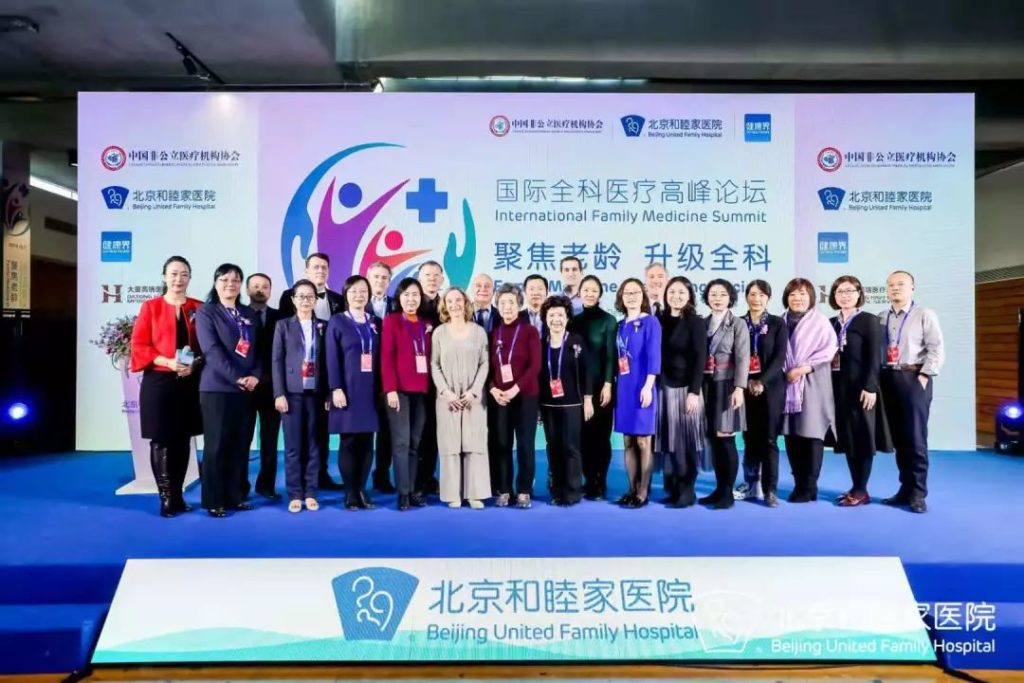
At the recent Family Medicine in an Ageing Society Forum held at Beijing United Family Hospital, Ms. Pan did not mince her words when it came to the dilemma of an ageing population and general practitioners:
“Today, the United Kingdom and Canada have their own general practice systems in response to an ageing population, but we must be aware that China can only pursue its own path in caring for a population of 1.4 billion. We must find our own solution.”
As for future development, Ms. Pan believes that the hospital should strive to meet the diverse needs of patients and their families. By transforming from a gynecology and pediatrics hospital to a general hospital, United Family aims to deal with future population decline and ageing with its forward-looking moves and upgrades. This is why Ms. Sylvia Pan pushed for this transformation and it is her ultimate goal for the future of the hospital.

